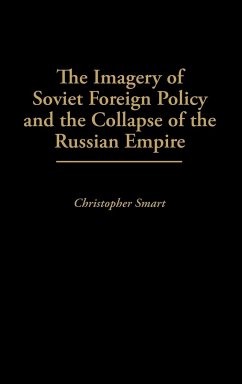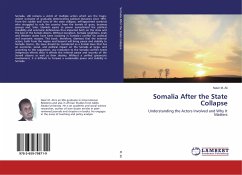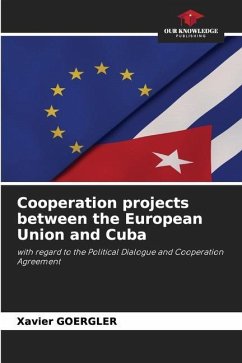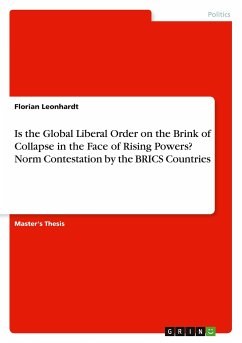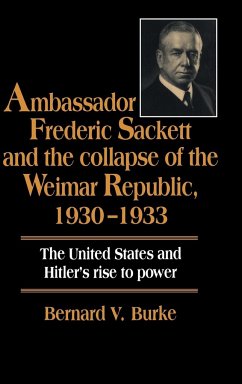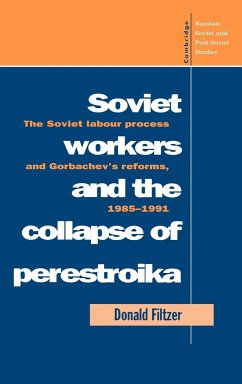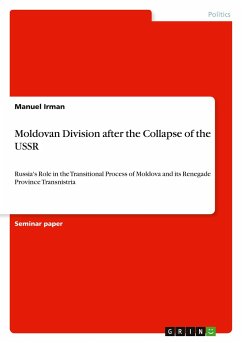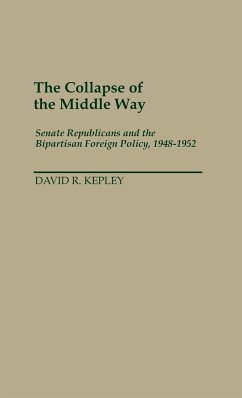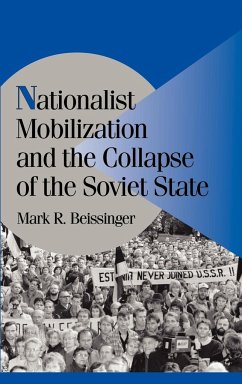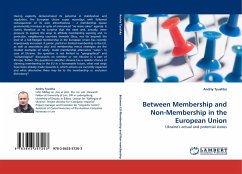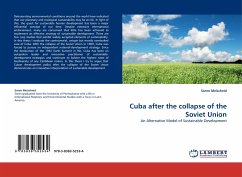
Cuba after the collapse of the Soviet Union
An Alternative Model of Sustainable Development
Versandkostenfrei!
Versandfertig in 6-10 Tagen
32,99 €
inkl. MwSt.

PAYBACK Punkte
16 °P sammeln!
Deteriorating environmental conditions around the world have indicated that our planetary and ecological sustainability may be at risk. In light of this, the quest for sustainable human development has been a major influential concept of our time. Despite extensive international endorsement, many are concerned that little has been achieved to implement an effective strategy of sustainable development. There are few case studies that exhibit widely accepted elements of sustainability. In this thesis I evaluate the controversial, unique but mostly overlooked case of Cuba. With the collapse of th...
Deteriorating environmental conditions around the world have indicated that our planetary and ecological sustainability may be at risk. In light of this, the quest for sustainable human development has been a major influential concept of our time. Despite extensive international endorsement, many are concerned that little has been achieved to implement an effective strategy of sustainable development. There are few case studies that exhibit widely accepted elements of sustainability. In this thesis I evaluate the controversial, unique but mostly overlooked case of Cuba. With the collapse of the Soviet Union in 1989, Cuba was forced to pursue an independent national-development strategy. Since the declaration of the 1992 Earth Summit in Rio, Cuba has been an outspoken leader and innovative practitioner of sustainable-development strategies and continues to bolster the highest rates of biodiversity of any Caribbean nation. In this thesis I try to argue that Cuban development policyafter the collapse of the Soviet Union demonstrates an innovative interpretation of sustainable development.



